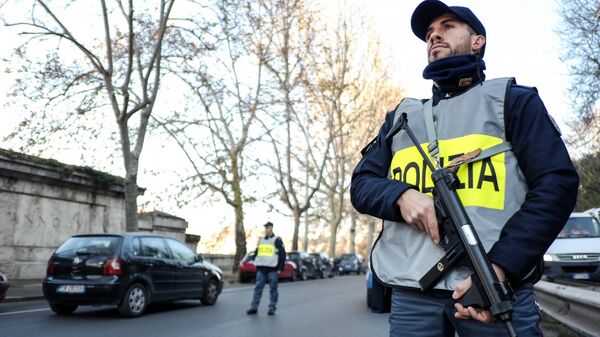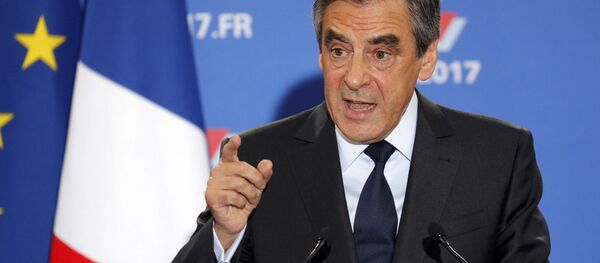“Previously these people were radicalized by hardline Imams in mosques and jails. Now this process is happening online and this is something the authorities simply can’t control. Some are motivated by religion and nationality, others by a desire to avenge their fellow Muslim friends, by social insecurity, etc.,” Professor Lombardi told Sputnik Italy.
He added if some mentally deranged person decides to do something terrible he will do it and Daesh will claim responsibility for that. This makes the whole situation very unpredictable and dangerous.
“To effectively handle the terrorist threat we need to work out a two-pronged security policy. A ‘repressive’ one for the short term to nip deviant behavior in the bud, and a long-term one to deal with things that encourage people to become terrorists,” he said.
He mentioned the need to work more closely with the local mosques and their imams and keep a close eye on what is going on in jails.
“We should also offer a better future to our young people, because economic, political and cultural crises are not what young people need to believe in their future. This sense of insecurity is driving many of them to join Daesh,” he emphasized.
“I have always said that that Russia is our main partner in the fight against terrorism. Europe and Russia border each other, while the US is an ocean away.”
Lombardi added that the Balkans, Eastern Europe and Central Asia are even more vulnerable to terrorist infiltration than the Mediterranean region. Europe and Russia are the main victims of terrorism.
“There is a hybrid war going on and we should think better about who we work with and how,” he emphasized.
He added that things started changing for the better after Russia launched its military operation in Syria. This prompted the world nations to reconsider their ways of fighting Daesh and showed them how to do it better.
“Russia probably wanted to play a bigger role in the region, but it has brought in a greater sense of realism unlike the confused and bellicose American policy we observed there before Russia stepped in,” Professor Marco Lombardi concluded.
Extremist ideas have spread across Europe despite the security forces being on high alert in the member states and enhanced government measures adopted to tackle the problem.
The attacks, many of them perpetrated by migrants, apart from multiple casualties, have caused a division among European nationals. Many of them now oppose "open-door" policies, such as the one advocated by German Chancellor Angela Merkel.
Never miss a story again — sign up to our Telegram channel and we'll keep you up to speed!




